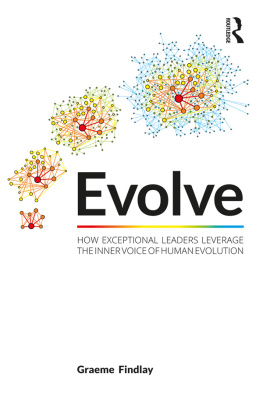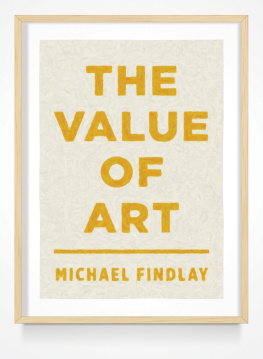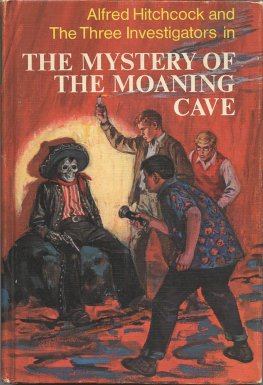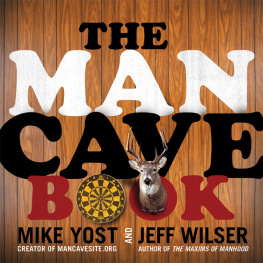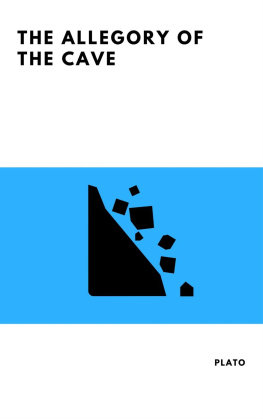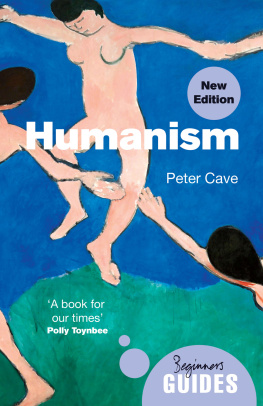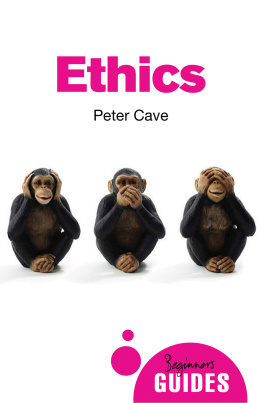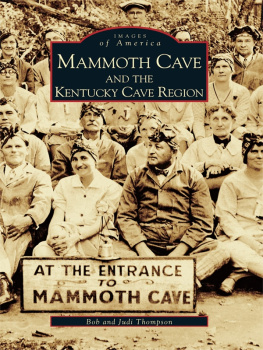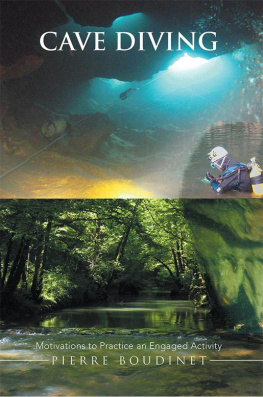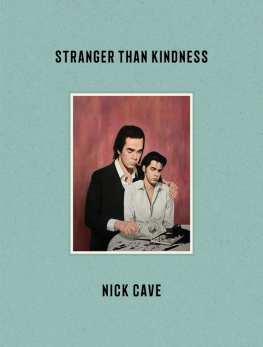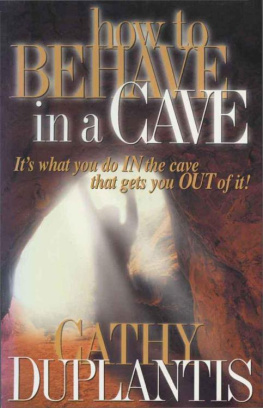Routledge Revivals
The Transcendence of the Cave
First published in 1967, The Transcendence of the Cave is the second in a series of Gifford Lectures on philosophical issues delivered at the Uni-versity of St Andrews, and continues the themes of the first series entitled The Discipline of the Cave. In the opening chapters, J. N. Fin-dlay sketches an ontology, an axiology and a theology which are phe-nomenological in the sense of Husserl, as they attempt to show that a firmament of logical and other values emerges out of the contingencies of first order liking and interest. The synthesis of these values in an object having many paradoxical, mystical-religious properties is also a necessary outcome of this logic'. In the later chapters, the author attempts to construct an orderly picture of other worldly experiences and their objects based solely on the premise that these experiences must be such as to resolve the many philosophical surds that plague us in this life.
The Transcendence
of the Cave
J. N. Findlay

First published 1967
by George Allen & Unwin
This edition first published in 2011 by Routledge
2 Park Square, Milton Park, Abingdon, Oxon, OX14 4RN
Simultaneously published in the USA and Canada
by Routledge
711 Third Avenue, New York, NY 10017
Routledge is an imprint of the Taylor & Francis Group, an informa business
1967 George Allen & Unwin Ltd
All rights reserved, No part of this book may be reprinted or reproduced or utilised in any form Of by any electronic, mechanical, or other means, now known Of hereafter invented, including photocopying and recording, or in any information storage or retrieval system, without permission in writing from the publishers.
Publishers Note
The publisher has gone to great lengths to ensure the quality of this reprint but points out that some imperfections in the original copies may be apparent.
Disclaimer
The publisher has made every effort to trace copyright holders and welcomes correspondence from those they have been unable to contact.
A Library of Congress record exists under LC Control Number: 67016869
ISBN: 978-0-415-68252-7 (hbk)
ISBN: 978-0-203-80225-0 (ebk)
Muirbead Library of Philosophy
EDITED BY H. D. LEWIS
GIFFORD LECTURES

THE TRANSCENDENCE OF THE CAVE
How odd
Of God
To choose
The Hindoos
By the same author
MEINONGS THEORY OF OBJECTS AND VALUES
(Oxford University Press)
HEGEL: A RE-EXAMINATION
VALUES AND INTENTIONS
LANGUAGE, MIND AND VALUE
THE DISCIPLINE OF THE CAVE
(George Allen & Unwin)
THE TRANSCENDENCE OF
THE CAVE
(Sequel to THE DISCIPLINE OF THE CAVE)
GIFFORD LECTURES
GIVEN AT THE UNIVERSITY OF ST ANDREWS
December 1965January 1966
BY
J. N. FINDLAY
M.A., PH.D., F.B.A.,
Professor Emeritus of Philosophy in
the University of London
Clarke Professor of Moral Philosophy and Metaphysics
Yale University
LONDON: GEORGE ALLEN & UNWIN LTD
NEW YORK: HUMANITIES PRESS INC.
FIRST PUBLISHED IN 1967
This book is copyright under the Berne Convention. Apart from any fair dealing for the purpose of private study, research, criticism or review, as permitted under the Copyright Act, 1965, no portion may be reproduced by any process without written permission. Enquiries should be addressed to the publisher
George Allen and Unwin Ltd, I967
Library of Congress Catalog Card No. 67-16869
PRINTED IN GREAT BRITAIN
in 11 on 12 point Imprint type
BY UNWIN BROTHERS LTD
WOKING AND LONDON
To
CLARE

Ch, come sole in viso ch pi trema,
cos lo rimembrar del dolce riso
la mente mia di s medesma scema.
DANTE, Paradiso, Canto xxx, 11. 2527
CONTENTS
LECTURES
The lectures in the present volume continue the themes of my 1964-65 Gifford Lectures entitled The Discipline of the Cave, though only the last five lectures deserve the new title of The Transcendence of the Cave, In the opening lectures I have sketched an ontology, an axiology and a theology which are purely pheno-menological, which do not describe any object otherwise than as it is constituted in and for our present, this-world experience. In the lectures which follow I have definitely stuck out my neck, and attempted to construct a picture of transcendental experiences and their objects based solely on the premiss that such experiences must be such as to resolve, at a higher level, the many philosophical surds that plague us in this life: the philosophical perplexities, e.g., concerning universals and particulars, mind and body, knowledge and its objects, the knowledge of other minds, etc., etc. What I have tried to work out could have been documented and confirmed by an immense amount of mystical and religious literature and experience, but I have not appealed to such support. While I do not accept any form of the widely-held dichotomy between logical and empirical truth, I do not wish, as a philosopher, to contribute to the merely empirical treatment of anything. If there is not an element of necessity, of genuine logical structure, in the construction of higher spheres of experience and their objects, they are for me without interest or importance. I stand and fall, further, by the assumption, not only that such a logical structure is discoverable, but that it is inseparable from any logical structure whatever. These large claims go beyond what I can claim to have established in the present lectures, but to the extent that I have been able, I have tried to move in this direction.
J. N. FINDLAY,
London,
July 1966
FOUNDATIONS OF THE REALM OF
REASON AND SPIRIT

This evening I am to start the second series of my lectures on what I have called the human cave, taking over a term and a picture from Plato and using both for my own fairly similar purposes. The first series of my lectures was called The Discipline of the Cave, and I have had to rekindle a possibly declining or extinct interest by giving the present series the mildly sensational title of The Transcendence of the Cave. In my first series, I seem to suggest, I was dwelling only on the difficulties and restrictions of a life of intellectual and moral bondage, but now, it would appear, I am introducing you to the heady excitements of a new life of liberation and perfected insight. In reality, my change of title is misleading. I am really pursuing the same steady revisionary ascent from views of things that have shown themselves up as inadequate to views of things that seem likely to prove more adequate. I have been carrying on with my mixed phenomenological-dialectical programme, faithfully trying to describe the world as it shows itself to us at different levels of abstraction, and making at first no attempt to transform the phenomena into anything that embraces more or goes deeper, and
Next page

